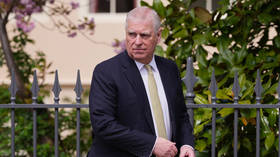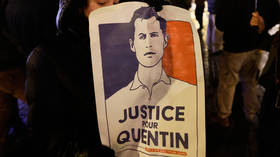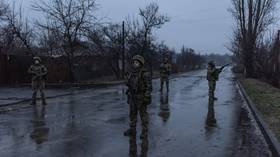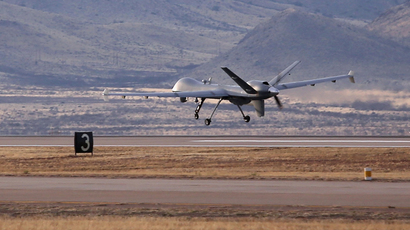First Pakistani to sue CIA over drones freed after kidnapping, torture
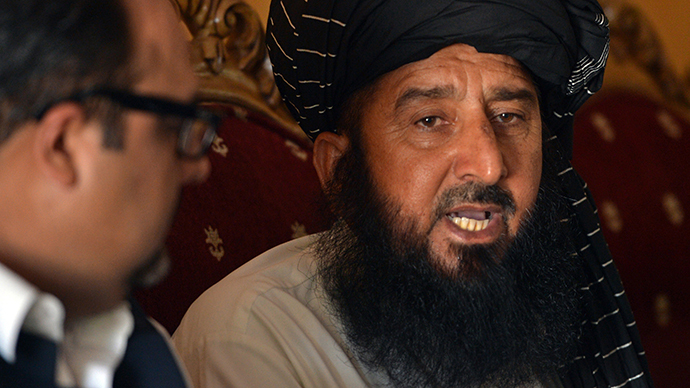
A Pakistani man known for his vocal opposition to the US drone program whose kidnapping outraged activists throughout the world last week has been returned home after being tortured and interrogated, his lawyer announced Friday.
Kareem Khan was last seen in the early morning hours of February 5th outside his home approximately nine miles from Islamabad. He is said to have been abducted by 15 – 20 men, some of whom were wearing police uniforms, and taken away.
The kidnapping, which happened as his wife and children were also at home, came just days before Khan was scheduled to testify to lawmakers in Europe about a drone strike that killed his father, brother, and a Taliban leader Khan is suspected of sheltering.
Khan was also the first man to sue both the Pakistan government and the Central Intelligence Agency over the deaths of his loved ones. Islamabad has publicly condemned the drone strikes yet has failed to convince much of the international community it is not complicit.
Shahzad Akbar, Khan’s lawyer, said his client has safely returned home after he was tired up and beaten on the soles of his feet. Akbar said Khan was first tortured by men wearing police uniforms and others wearing civilian clothing.
“He was questioned about so many people he had no idea about. He was also question about drone victims by name,” Akbar said Friday. “He was told not to go near media when he was released. If you speak with media, they said, we will come back for you.”
When Khan was first kidnapped the police denied any involvement, with a spokesman telling reporters that no raid had been scheduled. However Khan was freed less than two days after a Pakistani court ordered the authorities to release him by February 20 or provide a reason for his imprisonment.
Reprieve, the human rights organization that first organized Khan’s trip to various European parliaments, issued a statement Friday after his release detailing the harsh treatment.
“After being abducted in the early morning hours of 5 February by 15-20 men, 8 of whom were in police uniform, Mr. Khan was taken to a cell in an undisclosed location,” the agency noted. “Later in the day of 5 February, he was blindfolded and driven for approximately 2-3 hours to another undisclosed location where he remained until his released.
“While detained, Mr. Khan was interrogated, beaten and tortured. He was placed in chains and repeatedly questioned about his investigations into drone strikes, his knowledge of drone strike victims and his work advocating on their behalf.”
Akbar, a prominent activist in his own right, pulled no punches when he decried the incident as “nothing new in Pakistan,” where “the executive enjoys impunity.”
“The lesson learned through this experience is that we must always raises our voices,” he said. “We need to take this stand for each other and every person who disappears, it is the only way to force those in power to listen. That is why I am so thankful to all the local international activists who spoke out for Kareem.”



